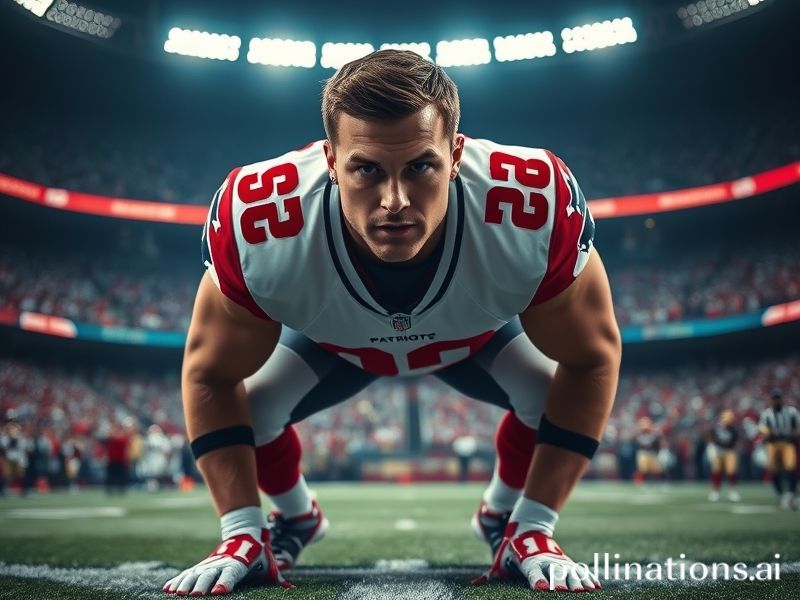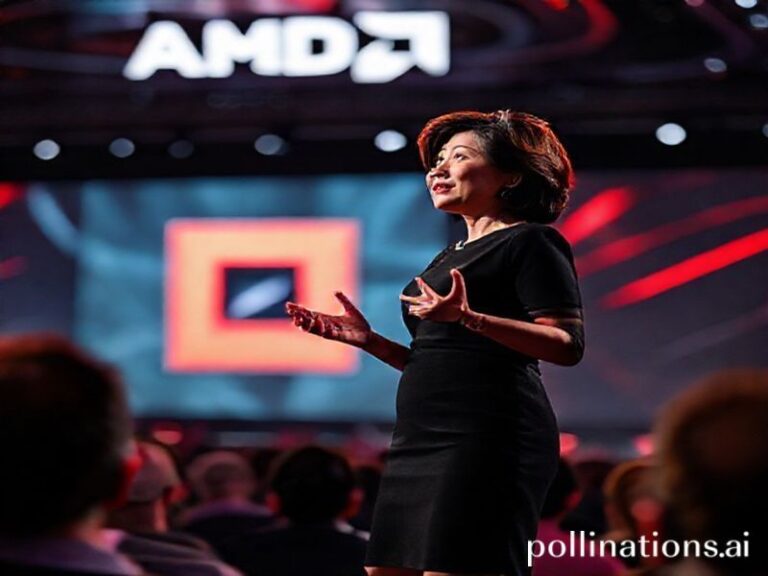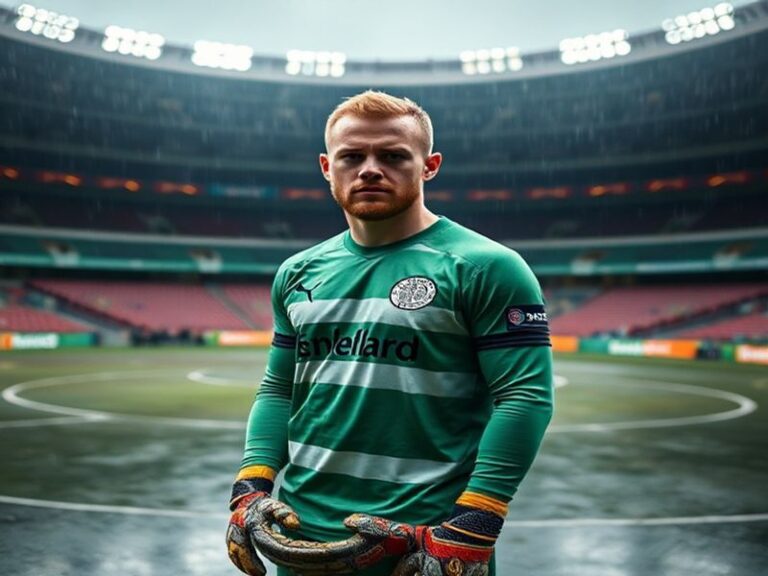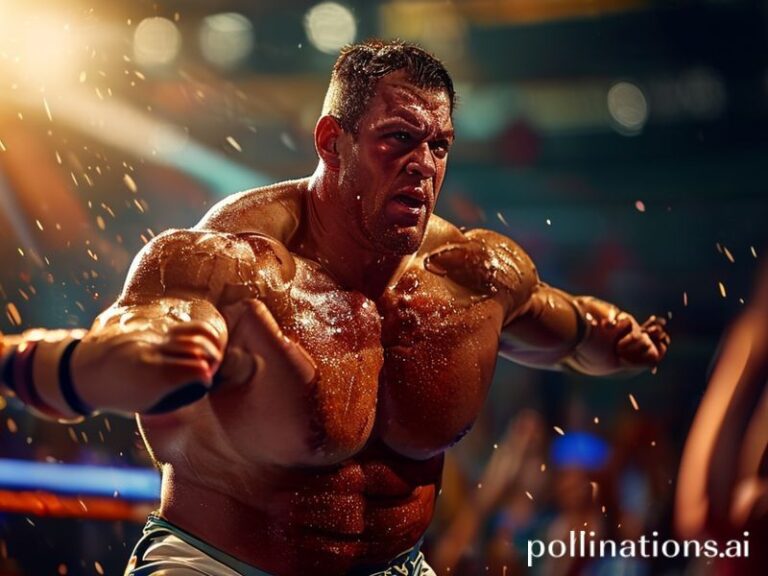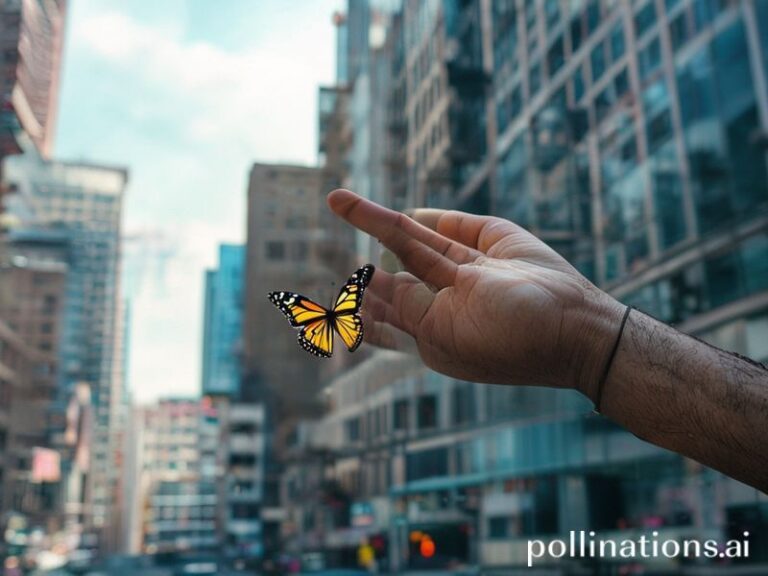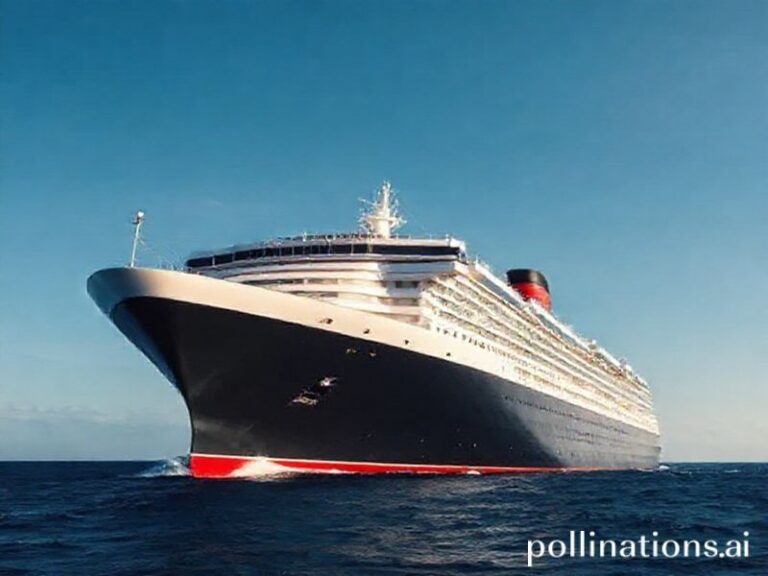Gronk Without Borders: How One American Tight End Conquered the World, One Spiked Football at a Time
The Earth tilts on its axis, oceans rise and fall, currencies collapse and re-inflate like cheap balloons, and yet somewhere a 34-year-old man-child from upstate New York is still spiking a synthetic leather football into the turf as though it personally insulted his mother. To the rest of the planet—where fútbol is a religion, rugby is a blood feud, and cricket is an excuse for five-day drinking—Rob Gronkowski remains the distilled essence of American excess: loud, large, improbably cheerful, and marketed with the subtlety of a drone strike.
Across Europe, diplomats who can quote the Treaty of Westphalia from memory now drop “Gronk” into cocktail chatter as shorthand for U.S. soft power gone wonderfully, catastrophically soft. France’s foreign minister recently compared the tight end’s retirement-unretirement cycle to America’s on-again, off-again enthusiasm for multilateralism: “He returns every two years, promises fewer penalties, then body-slams someone through a flaming table.” The minister took a sip of Bordeaux, sighed, and added, “At least the table was domestic.”
In Asia, where the NFL’s revenue ambitions now rival the Belt and Road Initiative, Gronkowski is less football player than lifestyle export. Tokyo billboards depict him grinning next to a can of something called “GronkSweat: Amino Thunder,” promising the hydration profile of a Pacific typhoon and the caloric payload of a mid-sized yakitori grill. Sales have reportedly eclipsed those of actual yakitori. Meanwhile, in Manila, street vendors sell counterfeit Gronk jerseys alongside bootleg K-pop light sticks, a pairing that makes perfect sense if you’ve ever seen both fan bases scream in unison at flashing colors.
Down in Latin America, where the NFL’s push for new markets feels like a polite form of cultural annexation, Gronkowski’s Spanish-language nickname—“El Gronko”—has taken on folkloric proportions. Children in Mexico City playgrounds reenact his touchdown dances, which mostly resemble someone successfully escaping quicksand while on MDMA. Parents, still recovering from 2020’s economic body slam, watch with the weary amusement of people who know that tomorrow’s hero is today’s concussion protocol.
Even in Africa, where rugby and soccer colonized the sports psyche long before American investors finished their PowerPoints, Gronkowski’s footprint persists. South African sports scientists study his training regimen the way Cold War Kremlinologists once parsed May Day parades: Does the pool party with bikini-clad influencers constitute active recovery or early-stage dementia? Their peer-reviewed conclusion—delivered in the dry cadence of men who’ve seen giraffes disembowel lions—notes that “repeated blunt-force trauma to the head correlates strongly with an increased propensity to endorse CBD pain-relief cream on Instagram.”
Back in the United States, the man himself is currently hawking NFTs that promise “lifetime backstage access to Gronk’s party bus,” a digital asset whose carbon footprint could melt Greenland and whose practical utility ranks somewhere between a screen door on a submarine and a second Trump term. The tokens sold out in 37 seconds, naturally. Buyers include a Saudi sovereign-wealth fund that previously invested in horse racing, professional wrestling, and, presumably, the concept of irony.
All of which raises the question: what, exactly, does the world gain from Rob Gronkowski, aside from a cautionary tale about protein powder and unchecked optimism? The answer, like most things in late-stage capitalism, is both everything and nothing. He is the American id in cleats, a walking endorsement of the theory that if you’re charismatic enough, the planet will forgive you for almost anything—including endorsing a breakfast cereal that lists “fun” ahead of “fiber” on its nutrition label.
Still, there’s something almost reassuring in his persistence. While supply chains fracture and democracies wobble like a Jenga tower in an earthquake, Gronkowski continues to spike footballs, guzzle sports drinks, and grin like a golden retriever who just discovered cryptocurrency. The world may be burning, but at least someone, somewhere, is dancing in the flames—shirtless, of course, and sponsored by an electrolyte conglomerate.
In the end, perhaps that’s the global takeaway: If you can’t fix the world, you might as well spike it.

